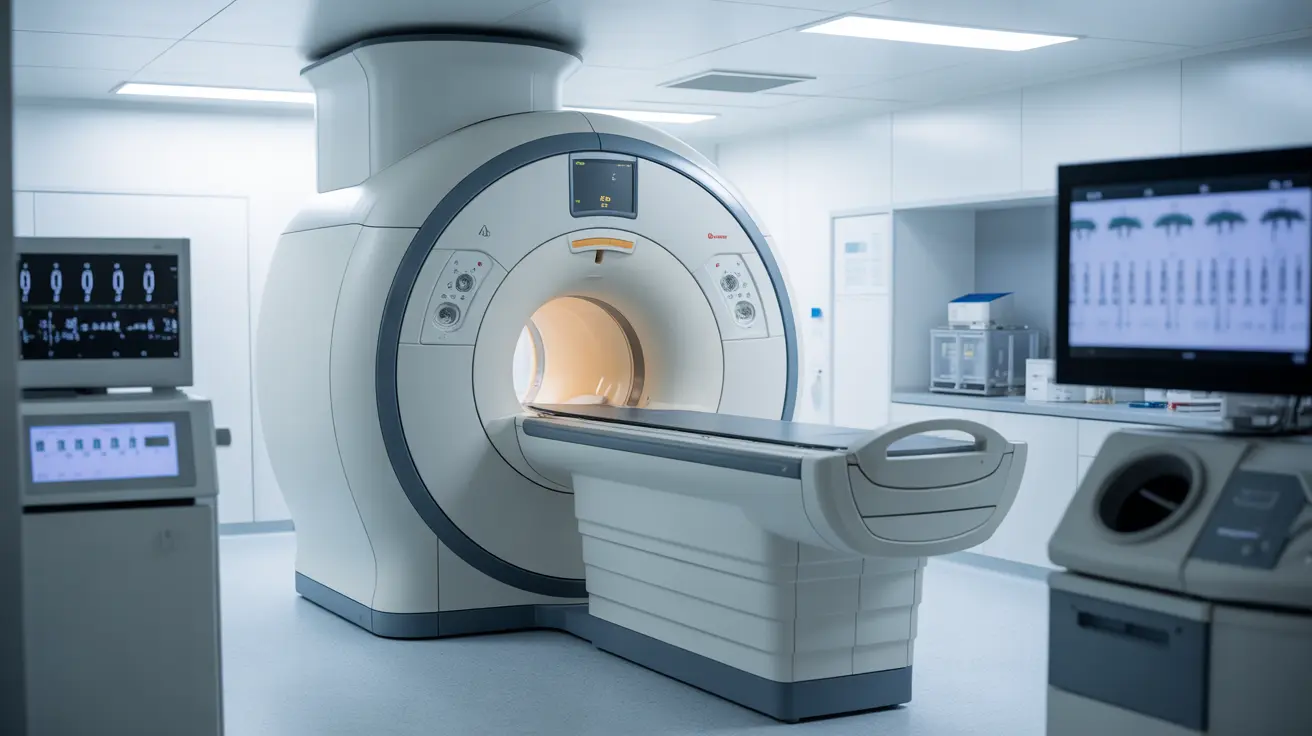When diagnosing schizophrenia, healthcare providers rely on various laboratory tests to rule out other conditions and ensure an accurate diagnosis. While no single test can definitively diagnose schizophrenia, a combination of laboratory tests helps create a complete clinical picture and eliminates other potential causes of symptoms.
Understanding the role of different diagnostic tests is crucial for both healthcare providers and patients. This comprehensive guide explores the various laboratory tests used in the schizophrenia diagnosis process and explains their significance.
Common Laboratory Tests in Schizophrenia Diagnosis
Healthcare providers typically order several standard laboratory tests when evaluating a patient for schizophrenia. These tests help establish baseline health status and rule out other medical conditions that might present with similar symptoms.
Complete Blood Count (CBC)
A CBC provides essential information about overall health and can identify conditions that might mimic schizophrenia symptoms. This test measures:
- White blood cell count
- Red blood cell count
- Hemoglobin levels
- Platelet count
- Hematocrit levels
Comprehensive Metabolic Panel (CMP)
The CMP evaluates various bodily functions and can reveal underlying health issues that might affect mental health. This panel typically includes:
- Liver function tests
- Kidney function markers
- Blood glucose levels
- Electrolyte balance
- Protein levels
Specialized Testing Procedures
Drug and Toxicology Screening
Drug screening plays a vital role in the diagnostic process as substance use can both mimic and exacerbate symptoms of schizophrenia. These tests typically check for:
- Illicit substances
- Prescription medications
- Alcohol levels
- Other toxic substances
Thyroid Function Tests
Thyroid disorders can present with symptoms similar to mental health conditions, making thyroid function testing essential. These tests measure:
- Thyroid-stimulating hormone (TSH)
- Free T4 levels
- Free T3 levels
Advanced Imaging Studies
Magnetic Resonance Imaging (MRI)
While not diagnostic for schizophrenia itself, MRI scans help physicians rule out other conditions that might cause similar symptoms. These scans can identify:
- Structural brain abnormalities
- Tumors or lesions
- Signs of previous trauma
- Inflammation or infection
Emerging Diagnostic Technologies
Research continues to advance our understanding of schizophrenia diagnostics. Several promising developments include:
- Genetic testing panels
- Biomarker analysis
- Neuroinflammatory markers
- Advanced neuroimaging techniques
Frequently Asked Questions
What lab tests are commonly used to help diagnose schizophrenia and rule out other conditions?
Common tests include complete blood count (CBC), comprehensive metabolic panel (CMP), thyroid function tests, drug screening, and various imaging studies like MRI. These tests help rule out other medical conditions that might cause similar symptoms.
How do complete blood counts (CBC) and comprehensive metabolic panels (CMP) assist in evaluating schizophrenia symptoms?
CBCs and CMPs provide crucial information about overall health status, helping identify underlying conditions that might cause or worsen symptoms. These tests evaluate organ function, metabolism, and potential physical health issues that could impact mental health.
Can urine and drug screening tests help identify substances that might mimic schizophrenia symptoms?
Yes, drug screening tests are essential in identifying substances that could cause psychotic symptoms similar to schizophrenia. These tests can detect both illegal drugs and prescription medications that might affect mental status.
What is the role of MRI scans in diagnosing schizophrenia or excluding other conditions with similar symptoms?
MRI scans help physicians rule out physical brain conditions that could cause schizophrenia-like symptoms, such as tumors, lesions, or structural abnormalities. While MRIs cannot diagnose schizophrenia directly, they're valuable for excluding other conditions.
Are there any emerging blood tests that could potentially make diagnosing schizophrenia more objective?
Researchers are developing new blood-based biomarker tests that may help make schizophrenia diagnosis more objective. These include genetic markers, inflammatory indicators, and other biological signatures, though these are still in development and not yet widely available for clinical use.




